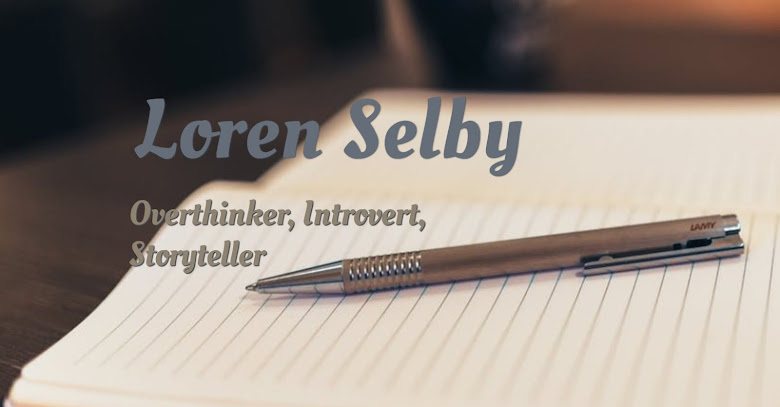English is beautiful and
expressive. The alphabet is nice and streamlined. The vocabulary
collects words from multiple cultures and nations. (Yes, I'm biased.
It's my native language.)
I love reading. I love writing
stories that work with English grammar and rhythm. I HATE English
spelling.
I was born to English speaking
parents, in an English speaking culture. That is the only reason I
have half a hope on spelling anything longer than three letters
(English language learners, you have my highest respect).
Grade school was an nightmare.
I had A's in grammar and reading - C's and low B's in spelling. Mom
tried everything - phonetic rules, flashcards, repetition drills. I
could read a printed word, sound it out; but ask me to spell
'Wednesday' or 'money'... well, I broke the homeschooler spelling
bee stereotype, soundly.
Surprising, I'm not dyslexic.
My bad spelling is product of living in the Midwest U.S.A. and mental
laziness.
I grew up at a crossroads zone.
Texas drawl, Ozark twang, Southern lilt, Mexican and Asian accents –
I've heard “Pecan” spoken four different ways at one family
reunion. Phonetics are more like guidelines out here.
My own accent switches,
depending on the people and situation. (That's another other blog
post right there.) Is it any wonder I can't just sound it out or look
up the word in the dictionary? Start adding those lovely foreign
words like 'faux' and 'sayonara', I'm done - Game Over. I'll write
down something that makes sense at that moment.
Luckily, I was born in the
early area of spellchecker and autocorrect. It didn't save my report
card, but it was a HUGE help in college. I could focus on putting my
ideas/notes on paper and then polish the draft in a word document.
My poor spelling sense is here
to stay. I have a few hundred common words memorized and for the rest
I just do my best. Does it make it hard for people to take my draft
works seriously? Yes. Is it going to stop me writing? No, I view it
as talking with a lisp. It's a problem only if people are being
uptight.
I love storytelling more than I
hate working around my weakness in English spelling.
